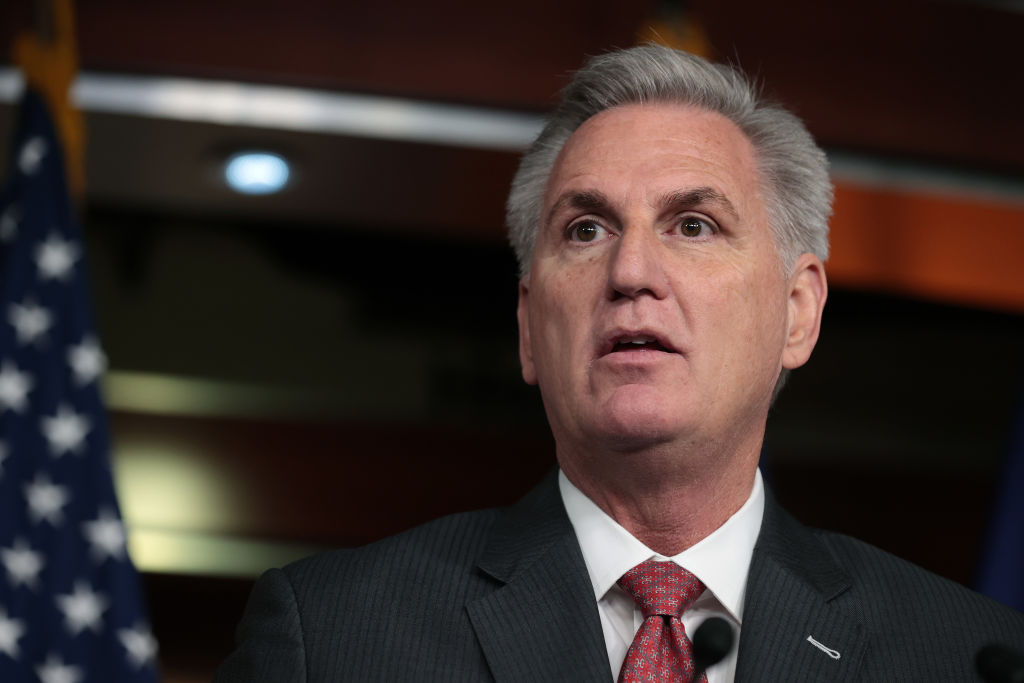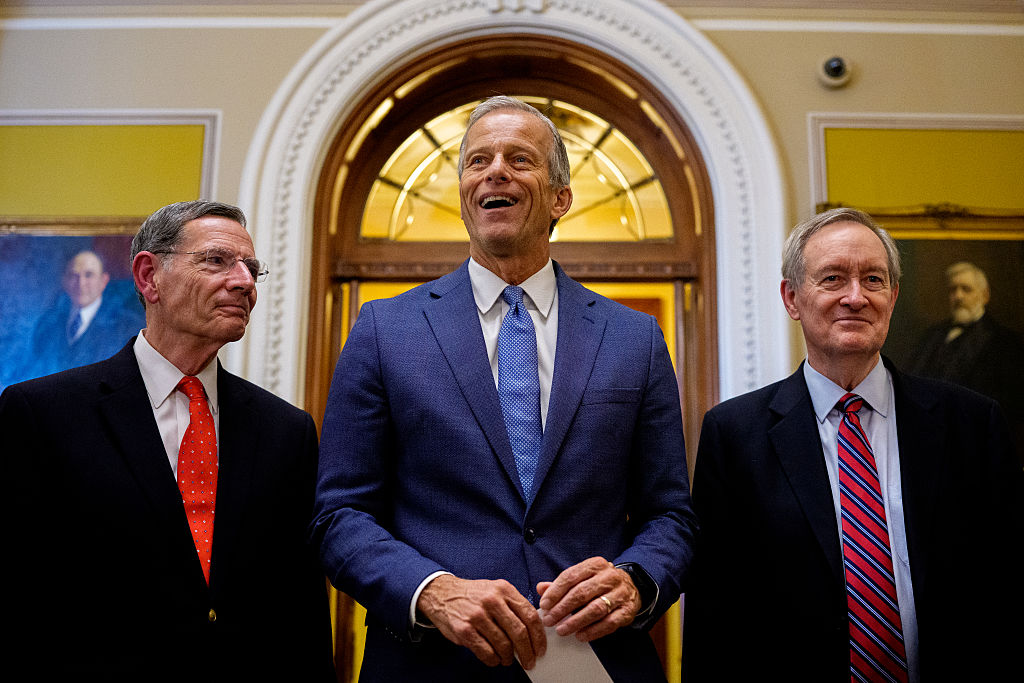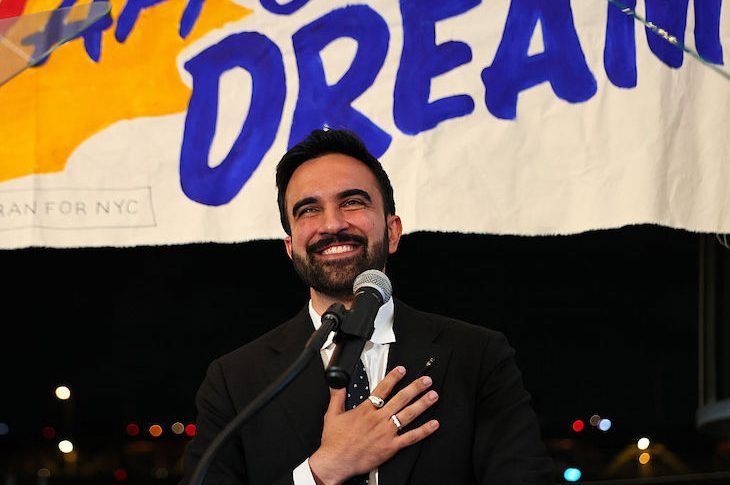Lame-duck sessions of Congress are rarely uneventful. Whether it’s cramming through spending at the last minute or cramming through even more spending at the last minute, our legislature can always be counted on to rubber-stamp bills that lacked political support before Mariah Carey returned to the airwaves.
Leading the charge for the opposition this time around is the self-declared speaker of the House, Kevin McCarthy. A Bloomberg headline recently proclaimed that “McCarthy Draws Line on Spending,” and trumpets seemingly blared out from the heavens heralding that Republicans had — finally — rediscovered their fiscally conservative bona fides.
But not so fast: this is a script we’ve seen before.
On paper, 2023 should seem eerily like 2011: a Democrat in the White House and Republicans well-positioned to take advantage of the excesses of single-party government.
Back then, it was the stimulus package, coming after the Troubled Asset Relief Program and other efforts, that helped fuel a midterm pendulum swing. This time, Republicans had a big-spending infrastructure package to raise hay about, one that spent hundreds of billions of dollars and came on the heels of trillions more in pseudo-pandemic relief. And let’s not forget sky-high inflation in which irresponsible fiscal policy played no small role.
Of course, many Republicans have been complicit in the continued spending binge, both during this administration and the last one.
Most recently, an overwhelming majority of House Republicans voted to further increase the Pentagon budget to a whopping $858 billion. Mississippi Senator Roger Wicker, the next ranking member on the Senate Armed Services Committee, went even further, saying the top-line should have been higher.
Most Republicans can be counted on to scrap talking points about fiscal responsibility as soon as national defense is involved. But lately, it hasn’t just been about defense. Many, including current GOP leadership, have supported other Democratic priorities, too.
From the infrastructure bill and the CHIPS Act to Ukraine aid and the PACT Act, virtually all elements of the Democratic agenda have passed thanks to some Republican support. Even in cases like the PACT Act, where top leadership voted in opposition, other members like Congresswoman Elise Stefanik, chair of the House Republican Conference, lent their support.
This time, though, we are told things will be different. Conservatives from all corners are calling on Republicans to reject passage of a new spending package before the holidays, and instead push for a short-term bill to keep spending flat into the new year. Once Republicans are in control, this story goes, they will check the worst excesses of the Biden administration.
Call me skeptical.
For one, the prospective speaker himself has a long history of supporting big spending legislation. Last Congress, he voted for a multitude of Covid packages signed by President Trump, as well as the Bipartisan Budget Act of 2019, which raised established expenditure caps and paved the way for more spending across the board. In contrast, more than two thirds of House Republicans opposed that deal. But perhaps most tellingly, McCarthy also voted in favor of 2020’s lame-duck Consolidated Appropriations Act, which added more than $900 billion in new spending.
Republicans have a knack for opposing spending when Democrats are in power and voting to expand the national debt after they take over. Yet over the last two years — and right on into the lame duck — many have supported Biden’s spending with their votes even as they’ve opposed it with their words.
We’d all like to believe the story will be different this time. Yet politics is a predictable game, and the most likely outcome is that Republicans line up behind a big-spending lame duck package — just as they’ve done so many times before.
Jonathan Bydlak is director of the governance program at the R Street Institute, a center-right think tank, and the creator of SpendingTracker.org

























